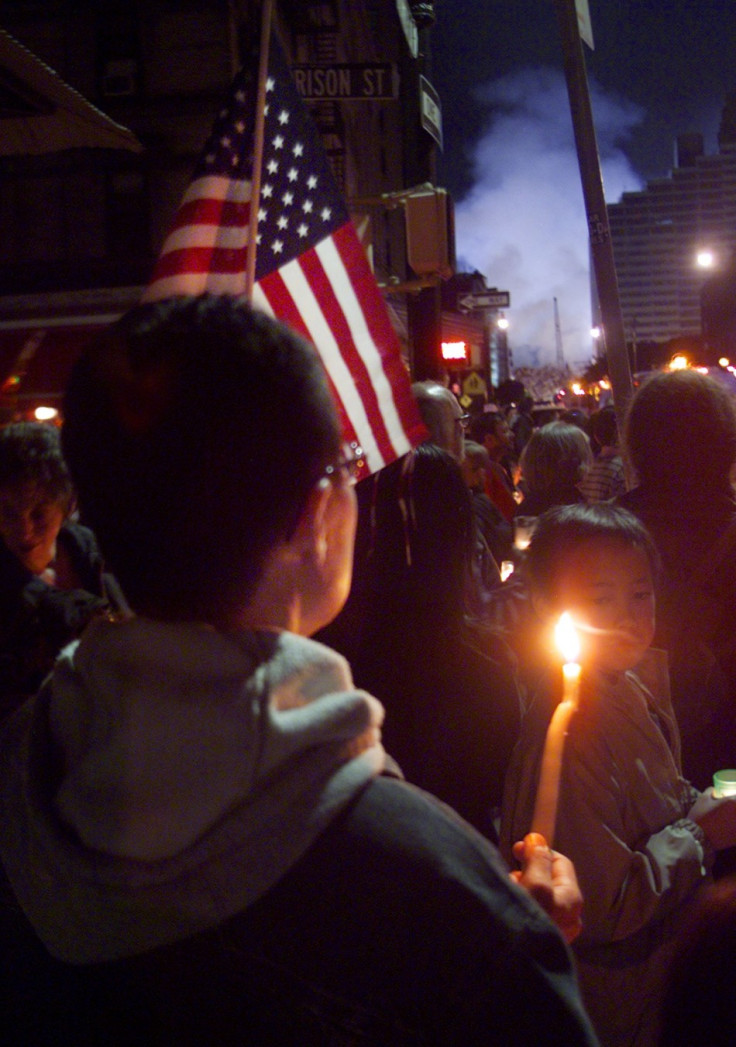9/11 Anniversary: Has the War on Terror made the World a Safer Place?

A decade after the attacks on New York and Washington, has the American and British "war on terror" made either the Western or the Islamic world signficantly safer place, or has it simply bred resentment on all sides?
What is clear is that the "war on terror" has done very little to curb attacks on the Western world. In the years following 9/11, London and Madrid have seen terrorist atrocities in their cities, with 52 Londoners killed in the 7/7 attack on the transport system in 2005. What is more worrying for governments and policymakers is that the attacks on London were homegrown, with some links to Pakistani terrorist training camps.
Frank Gardener, BBC security correspondent, has said that the UK threat level stands at substantial. Although that is only the third-highest threat level, there is still a significant danger of an attack on the United Kingdom. Since the attacks on 9/11 and the subsequent attacks on Britain and Spain, there has been an increased presence on the streets on anti-terror police. It has changed Britain, and not for the best. We now have to live with the fear of attack every day and the Labour government tried to push 90-day detention orders through the Houses of Commons. The war on terror has changed Britain fundamentally. That will be the true legacy of the American and British policy.
"Over the last 10 years we've become more accustomed to making high-risk decisions based on imprecise information on assessed intelligence, often within rapidly declining timeframes," said Deputy Assistant Commissioner Stuart Osborne, the Metropolitan Police's senior national counterterrorism co-ordinator.
In the second of her keynote Reith lectures recorded this week by BBC Radio 4, Baroness Manningham-Buller, who ran MI5 from 2002 to 2007, stressed the importance of using the law to tackle terrorism.
"I am proud that some 240 individuals have been subject to proper legal process and convicted of terrorist offences since 9/11. That is the way to deal with terrorist crime," she said
To put the issue into a world context, a survey compiled for Al Aan TV and The National by YouGov Siraj, polled United Arab Emirates residents over 11 days late last month and early this month. Muslim governments (36 per cent) and religious and social leaders (32 per cent) also got low marks for their efforts to combat Islamist extremism. The UAE ranked higher, with 54 per cent saying it had done well. Just 47 per cent felt the American role in the world had improved under President Barack Obama. Across the world, the "war on terror" has done little to allay people's fears.
Tony Blair, then prime minister and now the special Middle East peace envoy, has said he underestimated the scale of the task facing the U.S. and Britain in the direct aftermath of the attacks.
"The threat is deeper and bigger than we realise because it isn't just about isolated pockets of extremism," he said in an interview with The Times marking the 10th anniversary. "It is ideology with a movement and a narrative and you've got to undercut that narrative and that ideology to destroy that movement."
Is the world a safer place in 2011? It is too difficult to judge, but where the policy has worked is that people are far more aware of the threats that face the world today. The threat may have multiplied as a direct consequence of the war on terror but we shouldn't dismiss the policy out of hand too quickly.
© Copyright IBTimes 2025. All rights reserved.





















